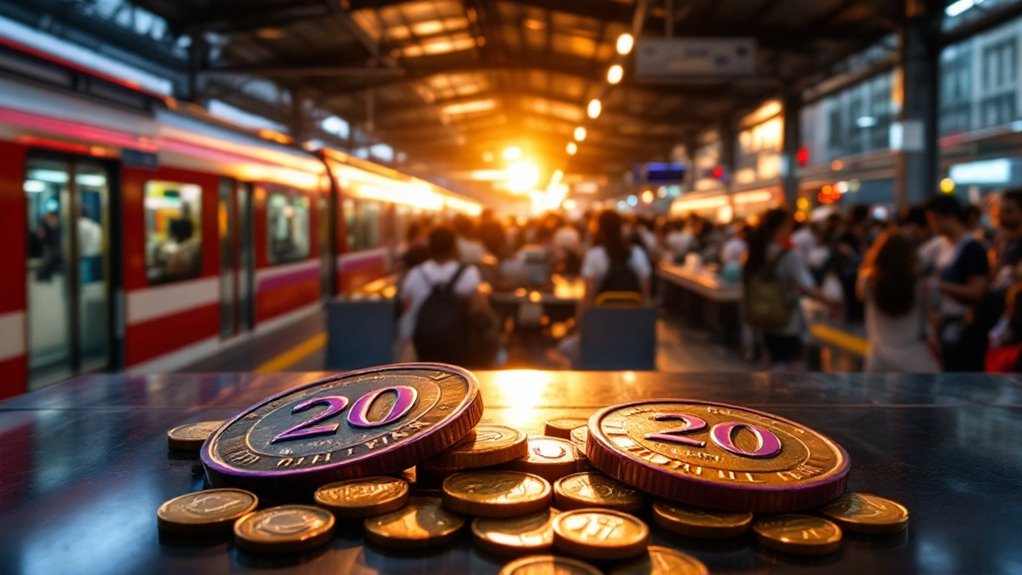Thailand’s 20-baht flat train fare expansion, covering the SRT Red Lines and MRT Purple Line, has operators concerned due to potential long-term financial strain as the network grows. While passenger numbers and revenue initially rose, operators warn that such low fares may not cover operational costs on expanded routes. The government is considering compensation funds and legal reforms to address these worries, aiming to protect both commuter affordability and operational viability. Further details reveal ongoing negotiations and future policy changes.
Although initially limited to select routes, Thailand’s 20-baht flat train fare policy represents a significant step toward making urban public transportation more affordable and accessible. The policy, which began on the SRT Red lines linking Krung Thep Aphiwat Central Terminal with Taling Chan and Rangsit, and the MRT Purple Line stretching from Tao Poon to Khlong Bang Phai, has already demonstrated measurable effects on ridership and revenue. In December, passenger numbers on these lines reached 3.05 million, marking a 10.86% increase year on year, while revenue grew by 12.28% over the same period, indicating higher usage did not come at the expense of financial inflows.
The government approved a budget of 400 million baht to support the extension of the 20-baht flat fare policy through November 30, 2025. The planned overhaul of revenue guidelines is intended to ensure that future fare policies better align with operational costs and public expectations.
Despite these successes, operators have expressed concerns regarding the broader implementation of the 20-baht fare. As the government moves forward with plans to extend the policy to more routes by September 2025, supported by revisions to the Mass Rapid Transit Authority Act and other legislative measures, operators worry about the long-term financial sustainability of the flat fare. They argue that while short-term increases in passenger numbers can boost revenue, the reduced fare may not be sufficient to cover operational costs across all lines, especially as the system expands.
Operators caution that expanding the 20-baht fare may threaten financial sustainability as costs rise with a growing transit network.
To address these concerns, the government is considering the creation of a compensation fund designed to offset fare discrepancies and guarantee private sector operators remain financially viable. Legal reforms, such as amendments to the Department of Rail Transport Act and related statutes, are under discussion to facilitate this shift. Private operators have also been involved in policy talks, seeking assurances that their interests will be protected as the fare policy grows beyond the current Red and Purple lines.
The legislative process is moving swiftly, with a revised draft of the Mass Rapid Transit Authority Act expected to be considered in a special parliamentary session. As the government balances cost-saving benefits for commuters, environmental goals like PM2.5 reduction, and operator concerns, the success of the expansion will depend on effective regulatory changes, adequate compensation mechanisms, and continued public acceptance.








